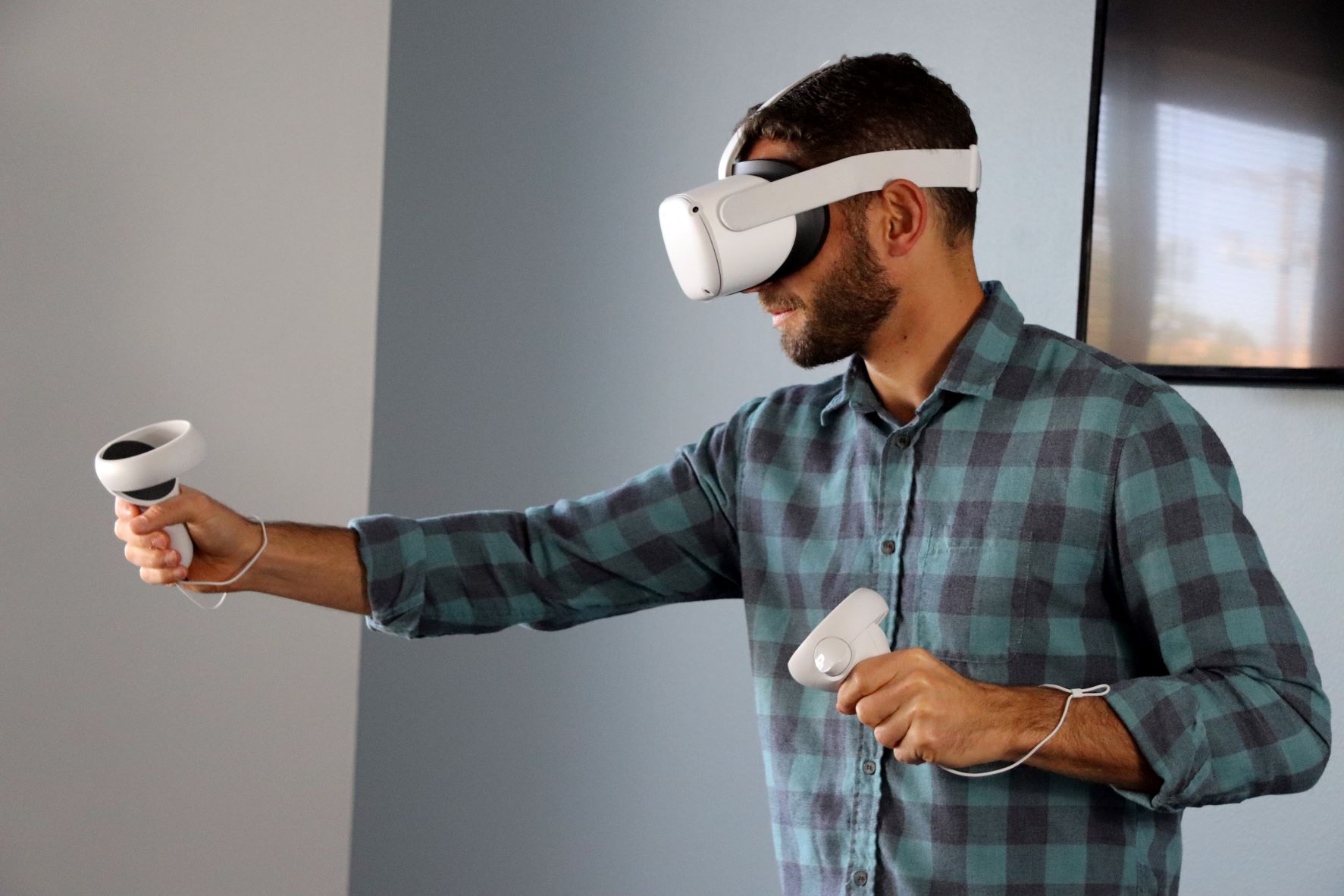Facebook’s recent announcement about its rebrand to Meta and its significant investment into the metaverse and virtual reality is a strong indicator of the future of VR and educational training.
“We believe the metaverse will be the successor to the mobile internet,” said Zuckerberg during the announcement.
“You’re going to be able to do almost anything you can imagine, get together with friends and family, work, learn, play, shop, create as well as entirely new categories that don’t really fit how we think about computers or phones today,” he explained.
Facebook reportedly plans to spend at least $10 billion this year on Facebook Reality Labs, its metaverse division tasked with creating AR and VR hardware, software, and content.
These sentiments and the significant investment that Facebook is making into the VR market highlight the value of VR as a valuable format for educational applications – especially vocational training.
Support for VR is an important moment for skilled trade education.
Businesses across the country are struggling to backfill open jobs and keep them filled. Skilled trades are no exception. Close to 80% of tradespeople see labor shortages in their industry as a problem that has gotten worse in the past year. That trend isn’t fully-attributable to the pandemic, either.
Yet, as Baby Boomers age into retirement, leaving even more skilled trade jobs open, businesses are having trouble hiring qualified talent.
One of the significant contributors to this downward spiral of labor shortages is a lack of enrollment in skilled trades programs – the pipeline to fresh talent for trade businesses.
The National Student Clearinghouse Research Center reports a sharp downward trend in enrollment for programs to train mechanics and repair technicians. In 2020, enrollment fell off the cliff by nearly 16% less than 2019’s enrollment numbers. It has become clear that employers must attract new skilled trade talent and be willing to skill up that talent in ways that engage and challenge the employee.
So what does this all have to do with the metaverse and VR?
Employers with the training and tools to address the skills gap can significantly broaden their talent recruitment net. The ability to skill up employees internally also enables employers to create their own talent pipelines to supplement the pipeline of applicants coming from traditional training programs and trade schools. VR is a compelling way to do this.
Holly Rhodes, senior manager of channel marketing at Carrier, spoke to this opportunity in a recent interview with Contracting Business about Carrier’s engagement with Interplay to develop VR training modules for their technicians.
“Newer technicians appreciate seeing how things work. Some are more visual and tactile learners, and they like to see and engage what they’re working with. Company managers like it because the technicians are proving that they have the skill, but then they are also engaging the younger generation into the industry. It’s a useful and attractive way you can train to be an HVAC technician. That’s attractive to the younger market. They can do things that are not possible in the real world. They can virtually stick their head inside an operating furnace, and see how it works without getting hurt,” said Rhodes.
VR offers hands-on learning experiences that are unbeatable by classroom-only learning.
The dynamism and exploratory interactivity that VR training brings to the table is unparalleled by classroom-only learning.
“I personally went through the [Interplay Learning/Carrier] program. It’s as close to hands-on as you can possibly get, and I think that’s what is appealing about virtual reality. It’s in their wheelhouse, an ability to learn by doing,” said HVAC contractor Jim Snider.
“Most of the people in our field are kinesthetic learners, what you would call ‘hands-on’ learners. They typically don’t like to learn in a class. They want to see it, touch it,” Snider explained in another recent interview. “I personally went through the program. It’s as close to hands-on as you can possibly get, and I think that’s what is appealing about virtual reality. It’s in their wheelhouse, an ability to learn by doing.”
VR is built for remote learning and ideally suited to skilled trades.
The promise of the metaverse underscores another aspect of VR education that has become especially important amidst a pandemic that has forced many of the world’s businesses and educational institutions to shift to a remote-first culture: the ability to learn from wherever the learner is located.
Because virtual reality education can take place over a headset, tablet, or computer, it is the perfect medium for location-agnostic learning. That means that learners can learn on the go, at home, or in the office during downtime.
Furthermore, VR technology means that learning no longer has to happen in front of a piece of physical equipment. Any number of equipment, models, and parts can be brought to life in front of the learner instantly. Finding space to house all of the different equipment and components used for training is a non-issue with virtual reality, and costs are diminished significantly.
The future is here for skilled trade training with VR.
However, Zuck’s announcement doesn’t herald a new era of virtual reality — it’s already here. Facebook’s newfound focus on the metaverse and the promise of VR is proof positive of the benefits and potential of virtual reality as a platform for communication, work, and learning. These benefits are already available to businesses and educational organizations with VR training for the skilled trades.
Interested in how VR can benefit your organization?
Set up a demo of Interplay’s virtual reality learning solutions here.










